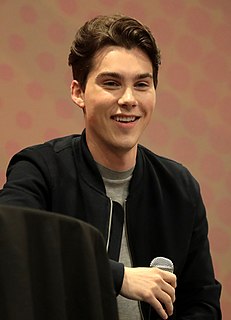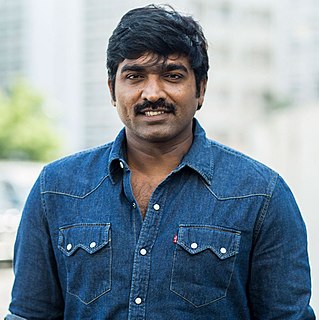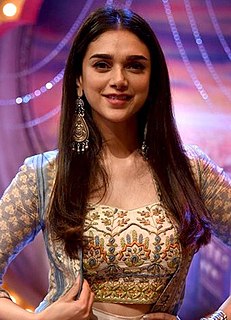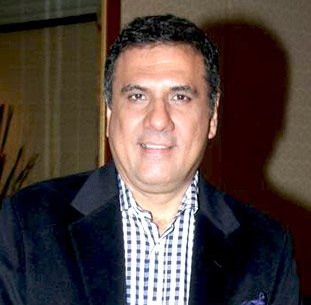A Quote by Andy Serkis
I've done a lot of films that are purely live-action roles, and even if I hadn't come across performance capture as a technology, I think I'd always consider myself a sort of mercurial actor.
Related Quotes
My belief about performance capture is that it's a technology which allows actors to play extraordinary characters. But from an acting perspective, I've never drawn a distinction between playing a conventional, live action character and playing a role in a performance capture suit. And from a purely acting point-of-view, I don't believe there should be a special Oscar category because I think it sort of muddies the waters in a way.
Live-action has always been my focus and my passion. I love voice-over, and I definitely could see myself doing some voice-over, as much as I could, and even if I ended up doing only that for the rest of my life, and I could be successful at it, that would be great. But I think my real dream is to do films and live-action films.
Motion capture is exactly what it says: it's physical moves, whereas performance capture is the entire performance - including your facial performance. If you're doing, say, martial arts for a video game, that is motion capture. This is basically another way of recording an actor's performance: audio, facial and physical.
It's really up to the acting community to be willing to be educated about what performance capture is in order to fully appreciate it as acting. It's not a type of acting, but rather the use of technology to harness an actor's performance and translate it into an ape, another animal, or an avatar of some kind.



























